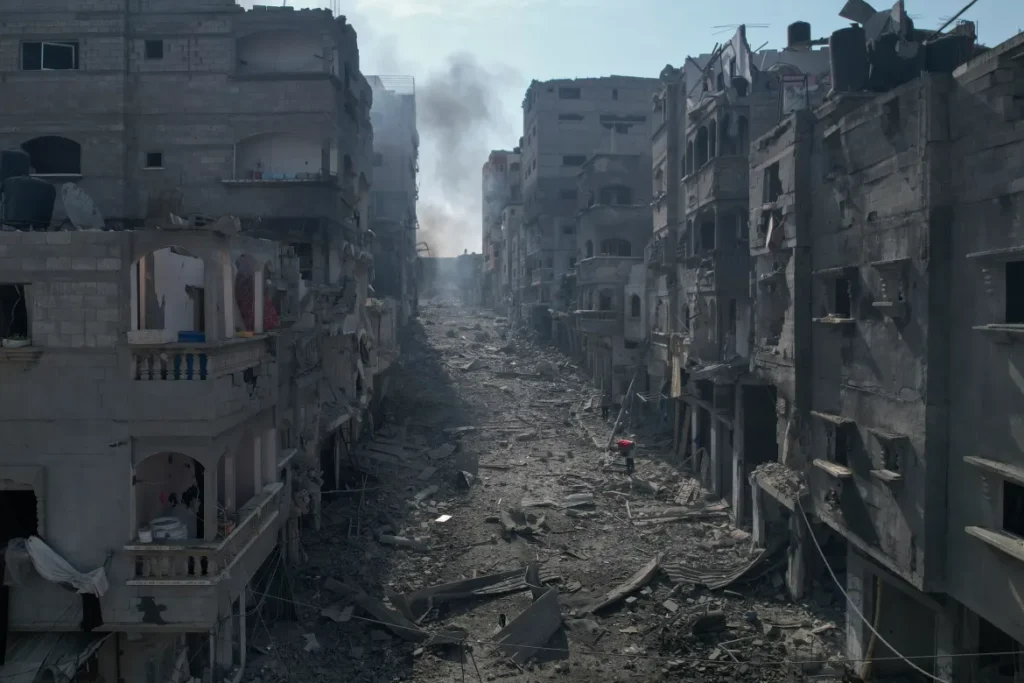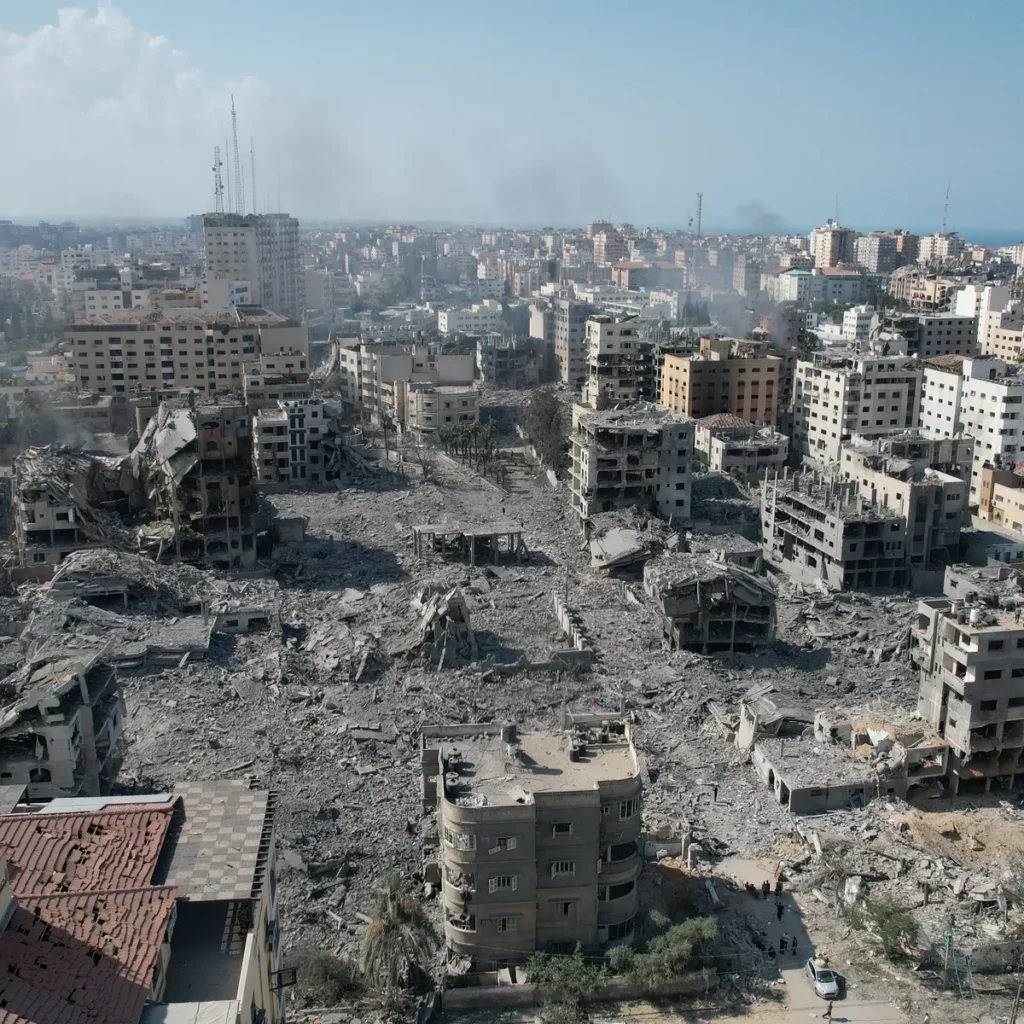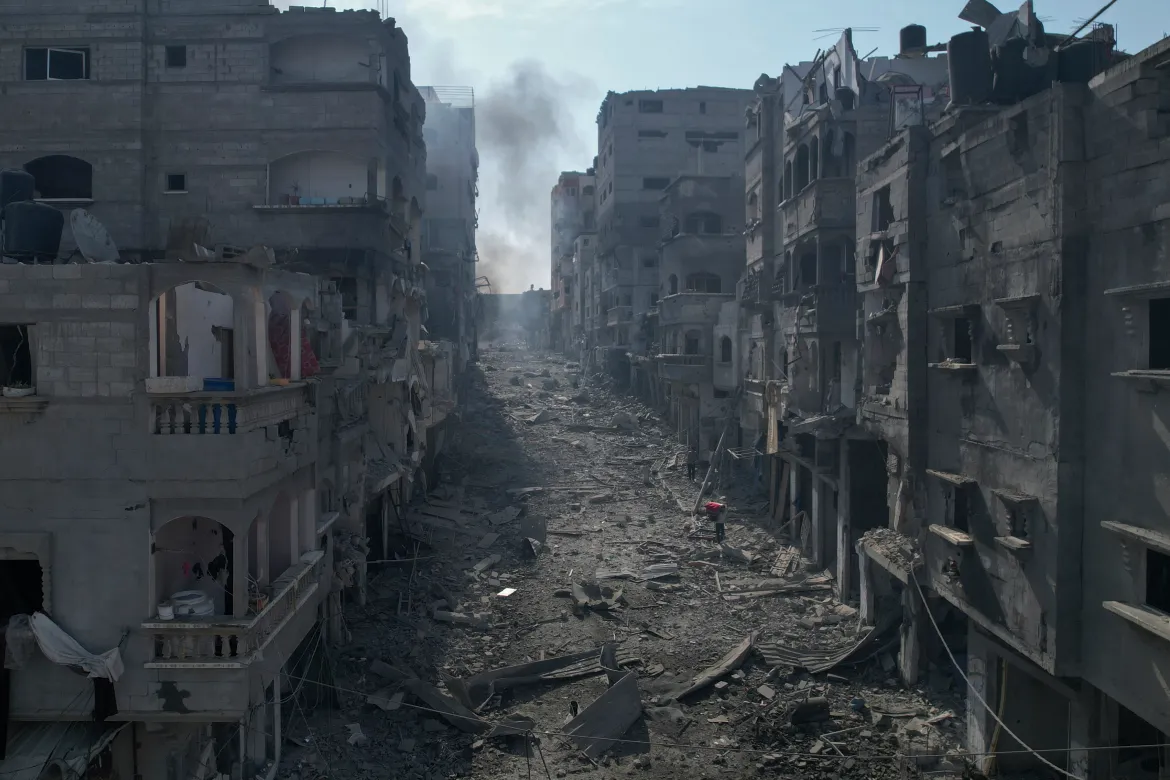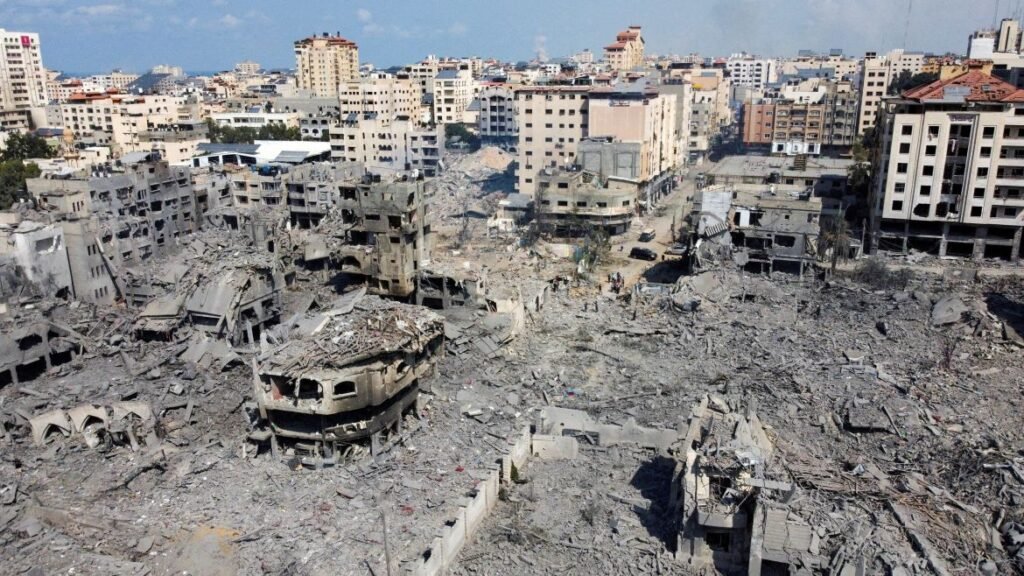Examining Israel’s Attacks on Gaza Homes: Destruction of Neighbourhoods
Introduction:
The ongoing conflict between Israel and Palestine has resulted in significant destruction, particularly in the Gaza Strip. One of the devastating consequences of this conflict is the destruction of homes and entire neighborhoods. The purpose of this article is to examine Israel’s attacks on Gaza homes, explore the reasons behind these attacks, discuss the humanitarian consequences, analyze international reactions, and propose potential long-term solutions.
Reasons behind Israel’s attacks:
Israel states that its attacks on Gaza homes are a response to rocket fire and other acts of aggression from Palestinian militant groups. The Israeli government argues that it is targeting specific locations where militants are believed to be hiding or operating from. However, critics argue that the scale of destruction and the high number of civilian casualties suggest that the attacks are disproportionate and indiscriminate.
It is important to note that international law prohibits the targeting of civilians and civilian infrastructure, and destruction of property must be proportionate to the military advantage gained. The destruction of homes in Gaza raises questions about whether Israel is adhering to these legal principles.

Humanitarian consequences of destroyed homes:
The destruction of homes in Gaza has had severe humanitarian consequences. Many families have been left homeless, forced to seek shelter in crowded schools or temporary shelters. The loss of homes also means the loss of personal belongings, livelihoods, and a sense of security for the affected families.
Furthermore, the destruction of homes exacerbates the already dire living conditions in Gaza. The Gaza Strip has been under an Israeli blockade for over a decade, resulting in limited access to basic necessities such as food, water, and electricity. The attacks on homes only worsen these conditions and contribute to the overall humanitarian crisis in the region.
International reactions:
The destruction of homes in Gaza has drawn international condemnation. Many countries, human rights organizations, and UN agencies have expressed their concern over the high civilian casualty rate and the extensive damage caused to civilian infrastructure. Calls for an end to the attacks and the restoration of peace have been made from various corners of the world.
Critics argue that Israel’s actions in Gaza violate international humanitarian law and are inconsistent with the principles of proportionality and distinction. They call for an independent investigation into possible war crimes and violations of human rights.

Long-term implications and potential solutions:
The destruction of homes in Gaza has long-term implications for both the Israeli-Palestinian conflict and the region as a whole. The continued displacement of Palestinian families fuels grievances and perpetuates a cycle of violence and retaliation. Moreover, the widespread destruction hampers efforts for post-conflict reconstruction and further delays the prospects of a peaceful resolution to the conflict.
To address this issue, it is crucial for both Israel and Palestine to engage in meaningful dialogue and negotiations towards a just and lasting peace. International actors, including the United Nations, should play a more active role in facilitating these discussions and ensuring compliance with international law.
Additionally, the international community must step up efforts to provide humanitarian aid and support to the affected families in Gaza. This includes providing shelter, access to essential services, and assistance in rebuilding homes and communities.
In conclusion, the destruction of homes in Gaza as a result of Israel’s attacks has had devastating consequences for the Palestinian population. It is important to examine the reasons behind these attacks, understand the humanitarian consequences, and explore potential solutions. Ultimately, a peaceful resolution to the Israeli-Palestinian conflict is the only way to ensure the protection of civilians and the reconstruction of destroyed neighborhoods.


